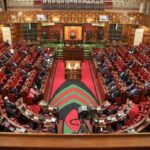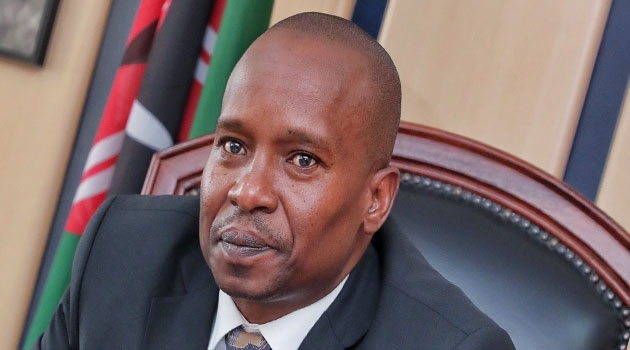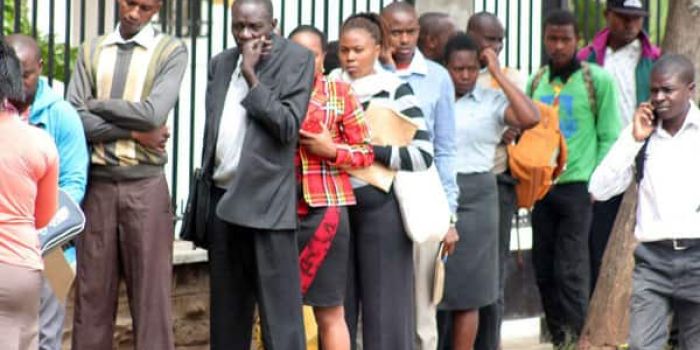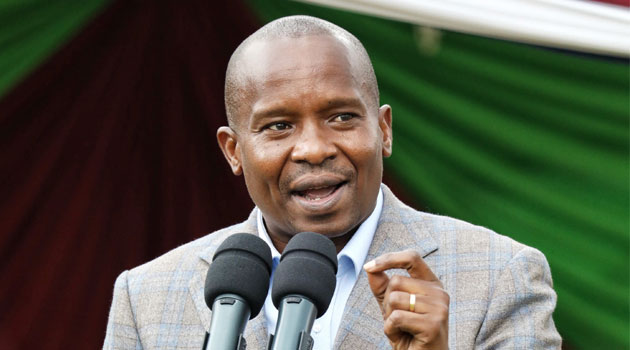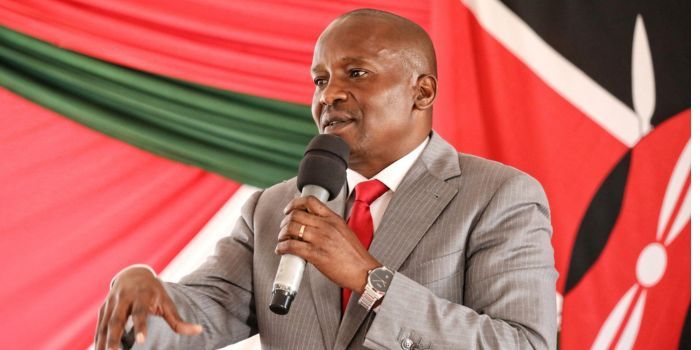In new efforts to increase revenue and reduce reliance on borrowing, the Kenya Revenue Authority has been given an additional Ksh1.2 billion to hire more intelligence and enforcement agents who will detect and apprehend tax fraudsters.
When reviewing the budget for the fiscal year that begins in July, the Parliament’s Budget and Appropriations Committee requested from the Treasury additional billions to help the taxman hire more staff.
As the Treasury aims to gather at least Ksh400 billion in additional taxes for the fiscal year beginning next month, the personnel will strengthen revenue collection from new scheduled levies and go after tax evaders.
The committee increased the budget on the Treasury’s expenditure plan it submitted to Parliament by Ksh81 billion, making it Ksh3.67 trillion, which increased pressure on the KRA.
The administration of President William Ruto has proposed a number of tax increases on goods like fuel, housing, mobile money transfers, and digital content to boost revenue, infuriating the public and the opposition who argue that the cost of living is already too high.
In suggestions that are awaiting approval from MPs, the Budget and Appropriations Committee recommends increasing Ksh1.2 billion (Recurrent) for KRA to employ tax assistants.
Early in May, the KRA also posted job openings for revenue service assistants, describing their duties as monitoring the issuing of e-TIMS receipts by merchants, ensuring VAT-registered merchants are compliant, and monitoring adherence to excise legislation.
Compiling weekly and monthly reports on suspected tax evasion cases, delivering notices of seizures for goods taken for excise, intercepting and verifying tax receipts produced by firms and individuals, and more are also among the responsibilities.
Dr. Ruto, who was elected in August on a promise of aiding the underprivileged, has had a difficult start to his term because of mounting government debt repayments, a deficiency in tax revenue, and chronically high prices for essential goods.
Due to the requirement to provide financial stability and provide jobs for young people, he is under pressure to increase revenues in the face of mounting debt repayments.
For the fiscal year ending in June, the KRA collections—which make up the majority of the government’s revenue streams—are anticipated to increase from their current target of Ksh2.04 trillion to Ksh2.43 trillion.
In order to track the activities of taxpayers, the Treasury will make greater use of data and connections between KRA systems and outside parties like banks and mobile payment systems like M-Pesa. It will also use Internet-enabled cameras at processing facilities for excisable goods and complete the rollout of digital electronic tax registers.
Kenya has lagged behind other countries like South Africa in terms of the amount of taxes collected as a percentage of annual economic activity, according to State House.
Dr. Ruto believes that dishonest employees at the KRA, who he claims spend their time assisting dishonest people to dodge paying, were impeding the government’s efforts to increase tax collection.
From an expected 5.8% of GDP in the current fiscal year, the government intends to reduce the budget deficit to 4.3% of GDP in 2023–2024, and then through lower borrowing, to 3.6% in 2026–2027.
The KRA’s enforcement division has been using a number of databases to track down suspected tax cheats, including bank statements, import records, information about the registration of vehicles, records from Kenya Power, water bills, and information from the Kenya Civil Aviation Authority that identifies people who own assets like airplanes.
Car registration information is also used to identify people who drive expensive cars but have little to show for their tax payments.
The taxman can identify landlords by using Kenya Power Meter registrations; some of these landlords have received hefty tax demands.
The taxman wants information on the suppliers and contractors that county governments have employed.
It claims that a dramatic rise in the importation of luxury items and large real estate investments have made it aware of a possible massive tax leakage that, if closed, might bring in billions of more shillings for the Exchequer.
The claim is backed by the observation that, despite a large increase in conspicuous consumption, particularly in Nairobi, very few Kenyans have been formally recognized as being under the high-income earner category.
A government that is eager to give the KRA teeth to bite while making it expensive to appeal tax demands in the event of a dispute is depicted by the provisions in the Finance Bill 2023, some of which were rejected by the previous parliaments.

















